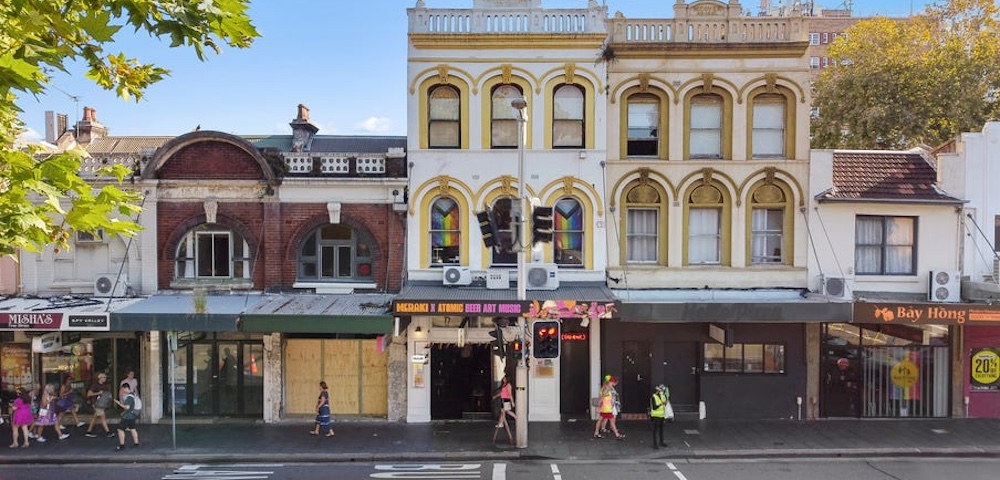
Fast HIV test ‘not needed here’
A new HIV test that gives results in just 20 minutes has proven popular and effective in other developed countries but isn’t covered by Medicare.
Nine months after the rapid test was introduced in New Zealand AIDS Foundation (NZAF) centres, consultations increased by up to 300 percent.
Some of these people had been deterred from testing previously by the anxiety of having to wait up to a week for results, NZAF’s Eamonn Smyth said.
But local health experts said the rapid HIV test wasn’t needed in Australia because those at risk were already getting check-ups regularly. However, cost also played a part.
ACON community health director Nick Corrigan said the system had been considered for Australia after it was successfully introduced in London, New Zealand and some US cities.
It’s unlikely to be introduced here. Rapid testing programs are most useful in communities where testing and rates of return are low, Corrigan said.
The test was introduced in the UK because fewer than half of gay men knew their HIV status and one study found only 30 percent of those tested came back for their results.
But in Australia more than 90 percent know and more than two-thirds get tested every year -“ it’s just not a problem here, Corrigan said.
Australian men who take higher risks were also likely to get tested more often, Corrigan said, and the third who are not tested every year probably don’t need to as regularly as that.
If we believed it would lead to better treatment and testing, then ACON would advocate for change, even though it’s costly, Corrigan said. Under federal law every HIV test has to be done with a trained pathologist.
Professor Andrew Grulich from the National Centre for HIV Epidemiology and Clinical Research said those conducting the tests required a very significant level of training.
He said it was a mistake to compare rapid testing with the simplicity of a home pregnancy test, which still requires confirmation by a doctor.
The result of an incorrect diagnosis from these tests is potentially disastrous. A person receiving an incorrect diagnosis can behave pretty badly, Grulich said.
Dr Andrew Gowers from Holdsworth House Medical Practice said concerns about reliability also held doctors back from calling for the rapid test to be licensed in Australia.
It is not regarded as being as sensitive or specific a test, Gowers said. And the standard tests get results within 24 hours usually.
In an emergency, such as clinic workers receiving a pinprick from an untested patient, the current process can be reduced to just a couple of hours.









